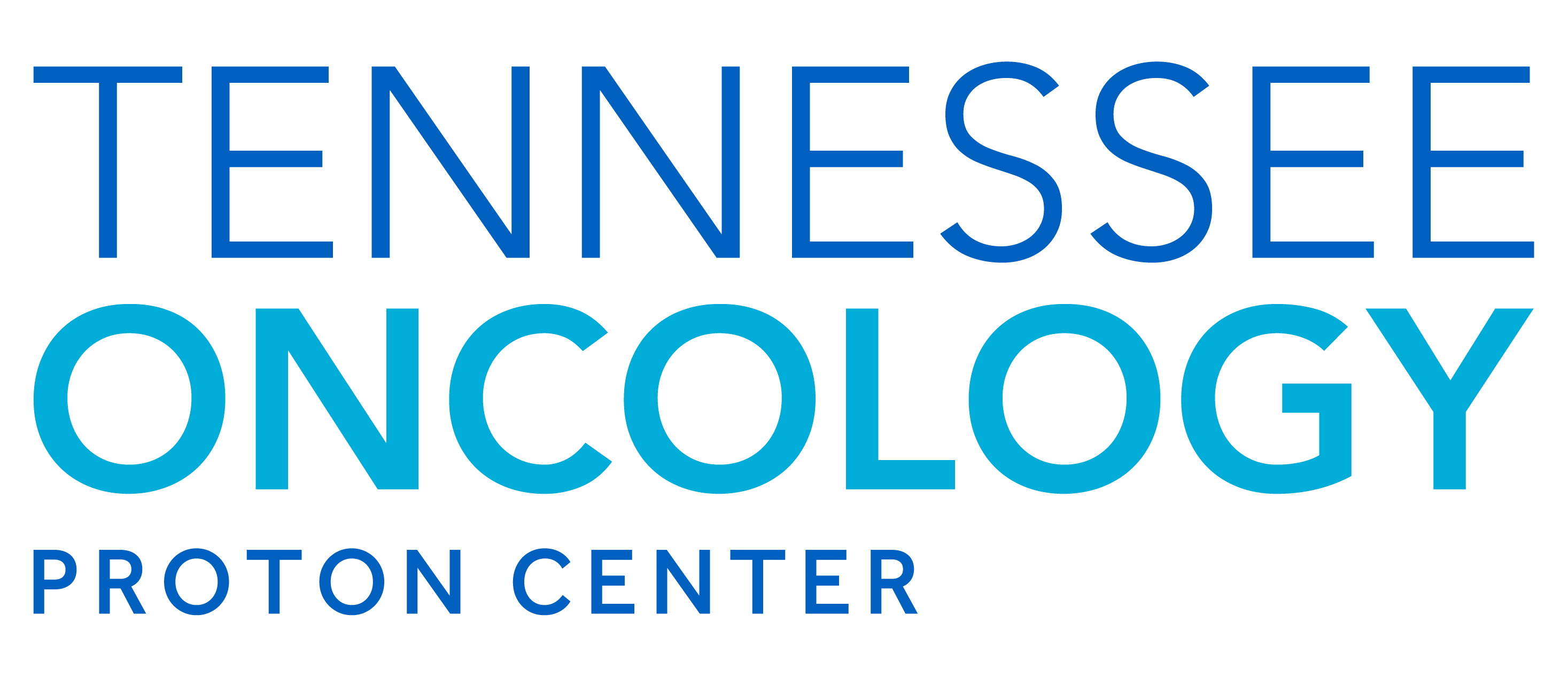Estimated Reading Time: 6 minutes
Table of Contents
- 1. Treating Young Adult Brain Tumors: A Delicate Balance
- 2. Understanding Non-Germinomatous Germ Cell Tumors (NGGCTs)
- 3. Groundbreaking Research: Proton vs. Photon Therapy and Cognitive Outcomes
- 4. The Power of Precision: How Proton Therapy Protects Brain Function
- 5. What This Means for Our Young Adult Patients at Tennessee Oncology Proton Center
1. Treating Young Adult Brain Tumors: A Delicate Balance
For young adults diagnosed with brain tumors, effective treatment is crucial for survival and long-term health. However, radiation therapy, while life-saving, can sometimes have lasting side effects, particularly on the still-developing or maturing brain. At Tennessee Oncology Proton Center, our goal is not only to cure cancer but also to preserve our patients’ quality of life, including their cognitive function, as much as possible. New research is continually shedding light on how different radiation modalities impact these delicate outcomes.
2. Understanding Non-Germinomatous Germ Cell Tumors (NGGCTs)
Non-Germinomatous Germ Cell Tumors (NGGCTs) are a type of rare brain tumor that typically occurs in children and young adults. Treatment for these tumors often involves a combination of chemotherapy and radiation therapy, frequently targeting the whole ventricular (WV) area of the brain, followed by a focal boost to the tumor bed. While advancements in treatment have significantly improved survival rates for NGGCTs, concerns about the potential impact of radiation on neurocognitive development and function persist, particularly in patients whose brains are still undergoing significant development and maturation.
3. Groundbreaking Research: Proton vs. Photon Therapy and Cognitive Outcomes
A recent prospective, phase II trial conducted by the Children’s Oncology Group (COG), known as ACNS1123 (stratum 1), investigated the cognitive outcomes of children treated for localized NGGCTs with either proton therapy or traditional photon (X-ray) radiotherapy. Previous studies had shown that proton therapy could deliver lower radiation doses to the brain compared to photon therapy, but it was unclear if this dosimetric advantage translated into better cognitive outcomes.
The ACNS1123 study prospectively examined cognitive functioning, including attention/concentration, estimated intelligence quotient (IQ), and processing speed, at multiple time points (9, 30, and 60 months post-diagnosis) in 70 evaluable patients, 20 of whom received proton therapy.
4. The Power of Precision: How Proton Therapy Protects Brain Function
The results of the COG ACNS1123 study were significant and are, to the researchers’ knowledge, the first to demonstrate such an association for children with NGGCT. The key findings include:
- Lower Brain Doses with Proton Therapy: Patients who received proton therapy had significantly lower mean radiation doses to the overall brain, as well as critical structures like the left and right hippocampi, compared to those who received photon therapy. The hippocampi are crucial for memory and learning.
- Association with IQ Decline: Multivariable modeling showed that photon therapy was associated with a significant decline in IQ over time, as compared with proton therapy, even after adjusting for factors like age at radiation and gender.
- Dose-Dependent Impact: A separate analysis indicated that higher mean brain doses were also associated with poorer recovery of IQ over time.
- No Association with Other Cognitive Measures: The study did not find identified associations between proton therapy or hippocampal dose with processing speed or attention/concentration.
While this specific study focused on children, its findings strongly suggest that the ability of proton therapy to deliver a more targeted radiation dose, thereby minimizing exposure to healthy brain tissue, plays a vital role in preserving cognitive function, particularly IQ, in individuals undergoing treatment for NGGCTs, including young adults.
5. What This Means for Our Young Adult Patients at Tennessee Oncology Proton Center
This groundbreaking research reinforces the unique advantages of proton therapy, especially for our young adult patients with brain tumors. At Tennessee Oncology Proton Center, we are dedicated to offering the most advanced and precise radiation treatments available. Proton therapy’s ability to deliver radiation with pinpoint accuracy, greatly reducing the dose to healthy tissues and critical organs near the tumor, is a significant advantage.
For young adults, whose brains are still undergoing significant development and who are often navigating higher education, early careers, and forming independent lives, the preservation of cognitive function is paramount. This study provides further evidence supporting the use of proton therapy to not only effectively treat the cancer but also to help protect the intellectual capabilities crucial for a high quality of life. Our team carefully evaluates each young adult patient’s case to determine if proton therapy is the most beneficial treatment option, always prioritizing both cure and the long-term well-being of our patients.
Source: https://www.oncologynurseadvisor.com/reports/iq-recovery-proton-vs-photon-radiotherapy-nggcts/





